Session Description
This session illustrates the challenges in transitioning design and delivery teams to build and deliver online-centric materials in online synchronous classrooms across corporations. From instructional design to classroom instruction, a rapid leap was made to switch from one system to another system. With dozens of countries and languages, transitioning online at a rapid pace presented extensive challenges to learning and development teams. From a corporate perspective, this session reveals insights into learning and development and also details lessons learned about the interplay between design and delivery teams and the interconnections among them. The session also depicts future insight into emerging learning and design trends among corporations.
Presenter(s)
 Natalie Perez
Natalie Perez
University of Hawai'i
Natalie Perez is a graduate student in UHM's Learning Design and Technology program. She has experience working in a variety of careers within Higher Education including tutoring consultant, online learning and support specialist, and distance education coordinator. In 2019, Natalie transitioned careers and joined large corporation. She currently works as a Senior Instructional Designer and Global Program Manager. When she's not researching or designing, Natalie is outside, exploring the islands with her husband and toddler.

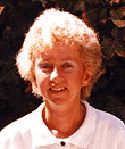 Mary Dereshiwsky
Mary Dereshiwsky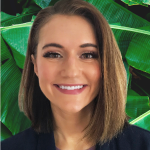 Jamie Sickel
Jamie Sickel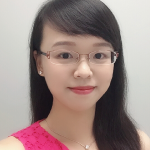 Youxin Zhang
Youxin Zhang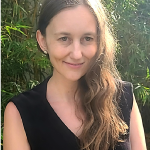 Kara Plamann Wagoner
Kara Plamann Wagoner Ilene Ringler
Ilene Ringler Nathalie Lossec
Nathalie Lossec Nicholas Millar
Nicholas Millar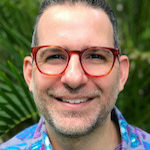 Aaron Sickel
Aaron Sickel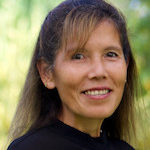 Stacy George
Stacy George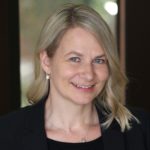 Vanessa Dennen
Vanessa Dennen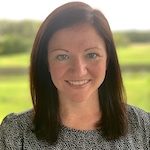 Lauren Bagdy
Lauren Bagdy Ömer Arslan
Ömer Arslan Hajeen Choi
Hajeen Choi Daeun Jung
Daeun Jung  Matthew Treskon
Matthew Treskon